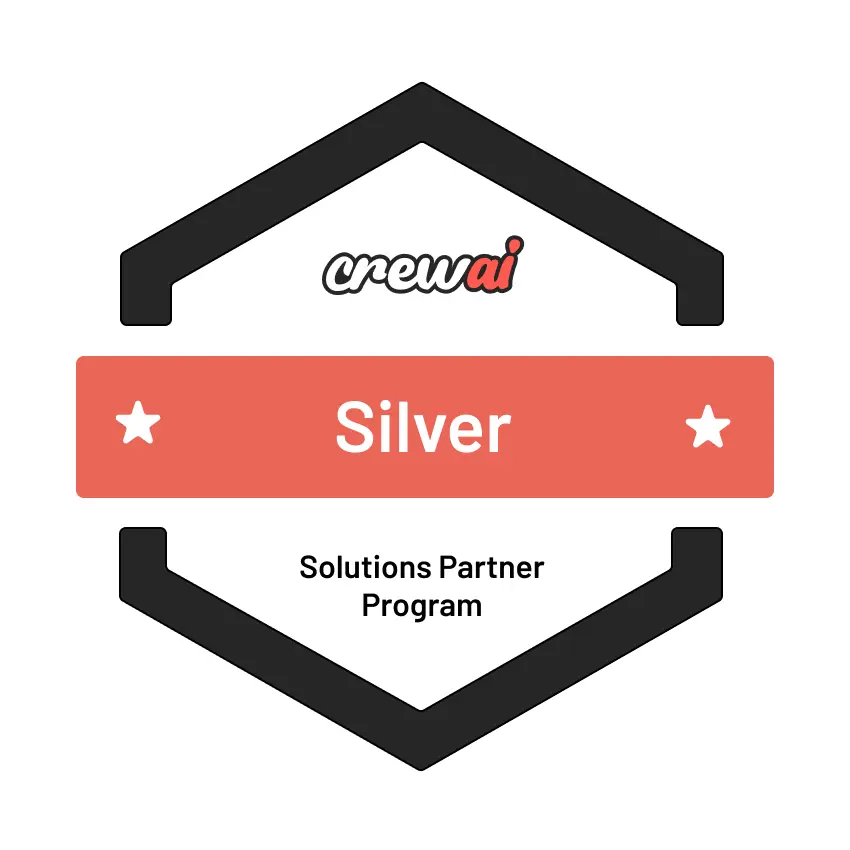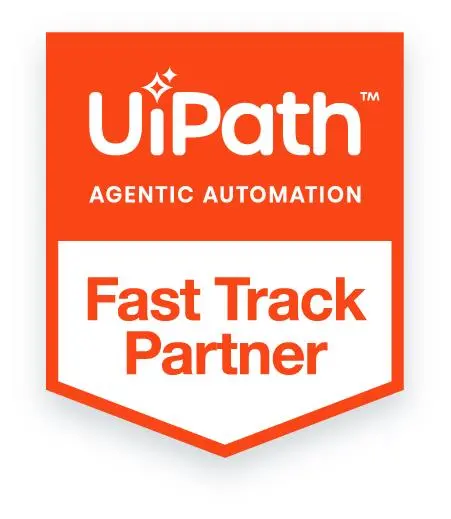
Supply chain operations have always been the backbone of industries, connecting production with end-users. However, traditional methods struggle to keep pace with increasing complexity and global demands. Enter AI automation services and process automation services, which transform these operations into seamless, efficient systems. At Auxiliobits, the mission is clear: to empower businesses with cutting-edge solutions to stay ahead in a dynamic marketplace.
Why Automate Supply Chains?
Modern supply chains face challenges like demand unpredictability, manual errors, and escalating operational costs. With automation technologies like Robotic Process Automation (RPA) and AI, industries can streamline processes, reduce costs, and improve accuracy. Here are four industries that have successfully adopted automation, showcasing its transformative impact.
4 Supply Chain Automation Industries
1. Retail and E-Commerce
Challenge: Managing inventory across multiple locations while ensuring on-time deliveries and customer satisfaction.
Automation in Action:
- Inventory Optimization: AI algorithms predict demand patterns, enabling real-time inventory tracking and replenishment. For instance, retailers use process automation services to update stock levels across warehouses automatically, minimizing overstock or shortages.
- Order Fulfillment: Automation accelerates packaging and dispatch by integrating RPA into warehouse management. Systems pick, pack, and label orders faster, reducing processing times by up to 50%.
Results: Companies like Amazon lead the way by using robots in fulfillment centers, achieving unmatched delivery speeds and inventory accuracy.
2. Manufacturing Industry
Challenge: High dependency on manual processes leads to delays, inaccuracies, and safety risks.
Automation in Action:
- Production Line Efficiency: Robots equipped with AI manage repetitive tasks, such as assembly and quality checks. This significantly reduces errors and enhances precision.
- Supply Chain Integration: Automation systems monitor raw material supplies, ensuring just-in-time delivery to production lines. This minimizes downtime and reduces excess inventory.
Impact: Incorporating automation in the manufacturing industry results in 20-30% cost savings, with faster production cycles and improved worker safety. Global players like Tesla utilize smart manufacturing solutions for agile and efficient operations.
3. Healthcare
Challenge: Complex logistics for pharmaceutical supplies and medical devices.
Automation in Action:
- Data Management: AI-driven systems process patient data, ensuring efficient supply chain operations for medications and equipment. For example, AI for customer service is used to track orders and respond to hospital inquiries in real-time.
- Cold Chain Management: IoT-enabled sensors ensure temperature-sensitive products like vaccines remain within specified ranges throughout transportation.
Results: With automated logistics, the healthcare sector reduces delivery delays and compliance risks, ensuring critical supplies reach patients promptly.
4. Food and Beverage
Challenge: Perishable goods require precise tracking and timely distribution to maintain freshness and reduce waste.
Automation in Action:
- Quality Monitoring: AI systems track environmental conditions like temperature and humidity during storage and transportation.
- Predictive Analytics: Machine learning models analyze consumer trends, optimizing production schedules and reducing surplus.
Impact: Automating supply chains in the food sector reduces waste by 25-30% while ensuring food safety standards. Major brands like Coca-Cola implement AI tools to forecast demand and manage global distribution efficiently.
The Tools Behind Automation Success
The adoption of automation in supply chains wouldn’t be possible without robust technologies. Here’s how they play a role:
- AI Automation Services: These solutions analyze vast amounts of data to uncover actionable insights, improving decision-making at every supply chain stage.
- Process Automation Services: From streamlining document workflows to automating logistics updates, these services enhance operational efficiency and reduce human errors.
- Robotic Process Automation (RPA): By handling repetitive tasks such as data entry, RPA frees employees to focus on strategic roles.
The Future of Supply Chain Automation
Automation is no longer a luxury; it’s a necessity for businesses aiming to stay competitive. As technology evolves, we can expect:
- Increased reliance on AI automation services for predictive maintenance and demand forecasting.
- Expansion of process automation services into small and medium-sized enterprises, democratizing efficiency gains.
- Wider adoption of RPA across all industries, reducing labor-intensive tasks further.
At Auxiliobits, we believe in empowering industries to navigate these transformations seamlessly. Whether it’s retail, manufacturing, healthcare, or food and beverage, our solutions help clients achieve unparalleled efficiency and ROI. Let us help you integrate automation and future-proof your supply chain.
Ready to Automate? Discover how Auxiliobits can revolutionize your operations. Contact us today to explore tailored solutions.
Final Thoughts
Supply chain automation is a game-changer, unlocking potential across industries. By leveraging cutting-edge tools like AI for customer service and process automation services, businesses can adapt to market demands while boosting productivity. Auxiliobits is your partner in this journey, offering expertise and innovative solutions to elevate your operations.
Ready to take your supply chain to the next level? Partner with Auxiliobits for a future of seamless, automated processes.
Some Of the FAQs on Supply Chain Automation
1.What is supply chain automation?
A: Supply chain automation involves using technologies like AI automation services and Robotic Process Automation (RPA) to streamline and optimize logistics, inventory management, and order fulfillment. It helps reduce manual intervention, minimize errors, and increase efficiency across supply chain operations.
2. Which industries benefit the most from supply chain automation?
A: Key industries include retail and e-commerce, manufacturing, healthcare, and food and beverage. Each sector uses automation to tackle challenges such as inventory management, production delays, compliance, and quality monitoring. Automation improves speed, accuracy, and cost-efficiency in these domains.
3. How do AI and RPA contribute to supply chain automation?
A: AI automation services analyze vast datasets to provide insights for better decision-making, such as demand forecasting and predictive maintenance. Meanwhile, RPA automates repetitive tasks like data entry and scheduling, ensuring faster and more accurate workflows.
4. What are the key benefits of supply chain automation?
A: Benefits include cost savings, reduced manual errors, enhanced operational efficiency, and improved compliance. Automation also enables real-time tracking and faster response times to changes in demand or supply chain disruptions.
5. Why choose Auxiliobits for supply chain automation?
A: Auxiliobits offers tailored solutions like process automation services, empowering businesses with tools to streamline operations, improve ROI, and stay competitive in dynamic markets. Their expertise ensures seamless integration and sustainable outcomes.








